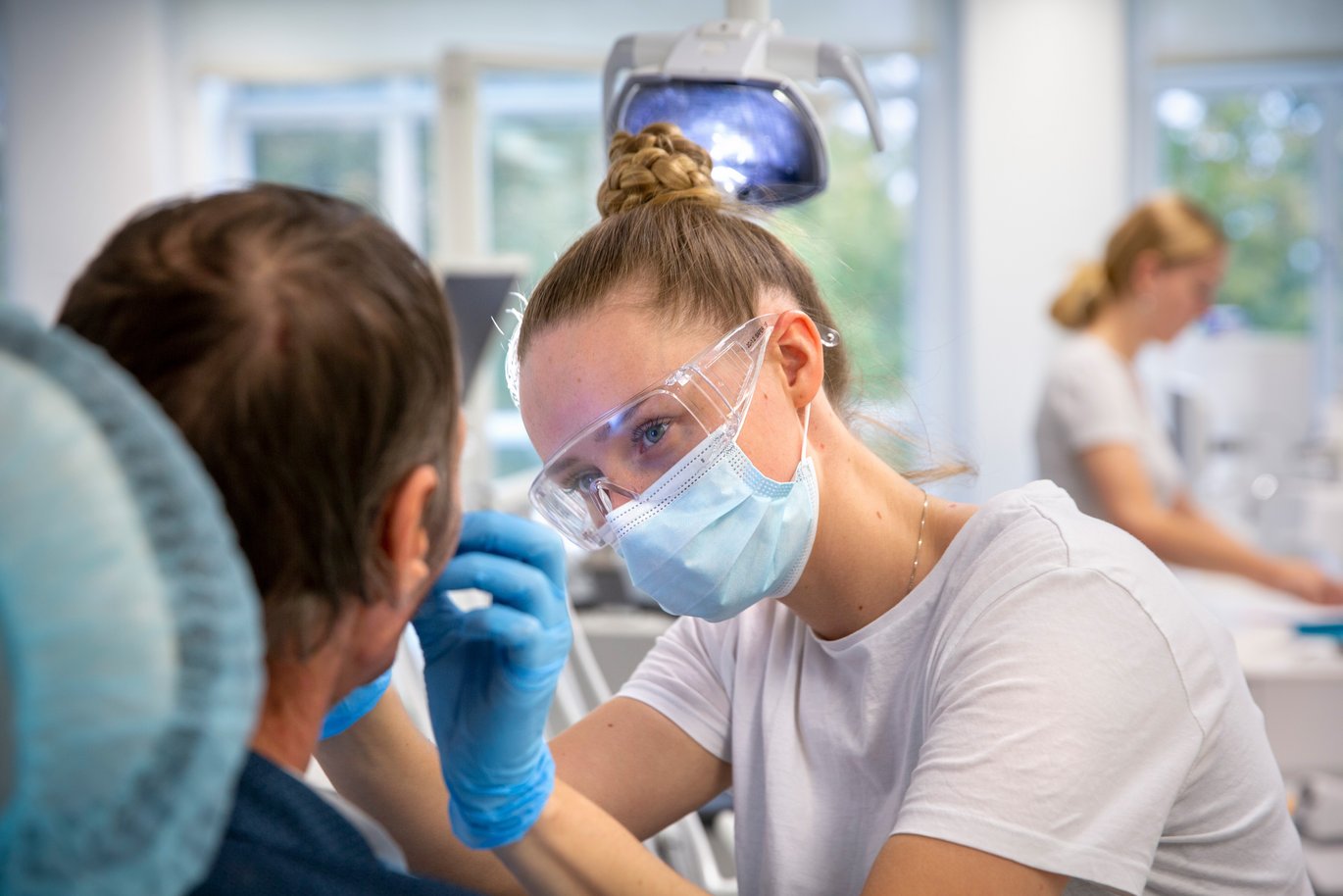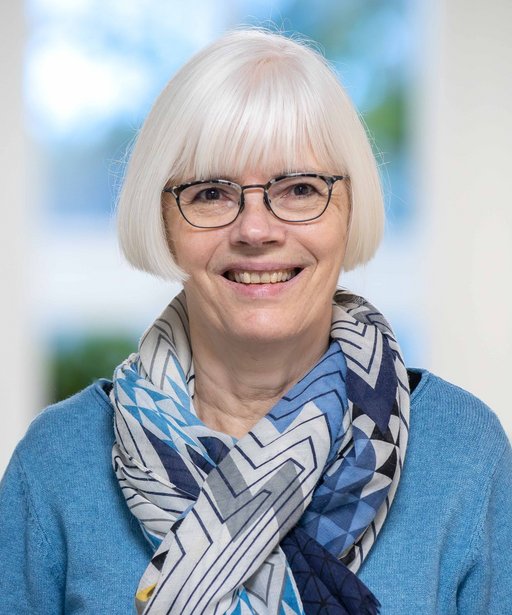Sustainability course prepares students for greener dental clinics
There is dental health, and then there is the planet’s health. Students on their fifth semester at the Department of Dentistry and Oral Health can learn about both as sustainability is now part of the elective course programme.


Lab coats and facemasks might have a nice green colour to them but how often do they end up in the right bin? Should we purchase fewer lab coats? Do we really need so many plastic gloves? Is sustainability more than just separating waste and using fewer disposable items? And how should we address sustainability once we graduate and begin working at clinics?
Students on the fifth semester of the three degree programmes at the Department of Dentistry and Oral Health can find the answer to these questions and many more by registering for the elective course Bæredygtighed i Tandklinikken (sustainability at dental clinics). The elective was originally part of a course in innovation and entrepreneurship, but it has now been developed into its own ECTS course.
Dentist and coordinator Helle Hornhaver is behind the course, which she developed in collaboration with two external teachers.
"When we first started working with sustainability, it quickly became clear that the topic was large enough and complex enough to comprise its own elective course. I looked at how the dental industry was working with sustainability, and that’s how I found Nina Thulstrup and Kristoffer Larsen, who are sustainability engineers and who work with sustainability in the dental industry."
Viewing the world through sustainability lenses
FACTS ABOUT THE COURSE
- For students on the fifth semester of the degree programmes Odontology, Clinical Dental Technician and Dental Hygienist at the Department of Dentistry and Oral Health.
- The course consists of three teaching days lasting eight hours each and two weeks of clinic work and field visits, after which the students have one day of discussions with the teachers before they present specific proposals to the clinics.
- Teachers: Nina Thulstrup and Kristoffer Larsen
- Read more (in Danish): kursuskatalog.au.dk/da/course/128015/Baeredygtighed-paa-tandklinikker
The elective course is a result of new academic regulations that prioritise joint elective courses so students get to know each other across degree programmes. A joint bachelor clinic will also be established in autumn 2024
Students who sign up for the elective course will see that it is very hands-on. After three days of classroom instruction, students will head out into dental clinics to observe, analyse and make specific recommendations for sustainable improvements. This fieldwork has resulted in ideas for better waste separation, reduced energy consumption and less resource use at clinics.
"Students are often surprised by how much they can contribute, even though they’re still only students. When they see their solutions being implemented, they discover that they really can make a difference," says Helle Hornhaver, and continues:
“And there are indicators that some clinics become more aware of sustainability after the students have visited.
We had one case where a clinic approached a student afterwards and asked her to look into how they could become more sustainable. So some clinics gain new perspectives after a visit from students who view the world through sustainable lenses.”
Circle U. collaboration with King’s College
Sustainability is not just in the spotlight at Aarhus University. In January 2023, King's College London approached the Faculty of Health to see if it would be interested in collaborating on sustainability in dental care via the Circle U. alliance.
The department management team agreed to the collaboration, which is why Helle Hornhaver is committed to a project spanning five European universities.
"We participated in some online meetings and we have shared a questionnaire survey with employees and students at the department so we can find out how much they actually know about sustainability and what their attitudes are to sustainability."
The idea behind the collaboration is that the working group will collect data from odontology degree programmes across Europe to map ongoing initiatives and to see what the study programmes in the Circle U. alliance can learn from each other. In the long term, the ambition is to establish a joint elective course at all the universities participating in the collaboration.
“It’s been both exciting and educational to develop a course on a completely new topic,” says Helle Hornhaver, who encourages others to look outside the yellow walls of Aarhus University and to be curious when developing new courses.
"You don't have to be an expert yourself. You can develop relevant and practical courses by involving both students and business people. Expertise is often found outside the university, and it's important to invite these resources inside," she says.
CONTACT
Dentist and coordinator Helle Hornhaver
Department of Dentistry and Oral Health, Faculty of Health, Aarhus University
EMail: hornhaver@dent.au.dk
Phone: +45 28 99 22 79